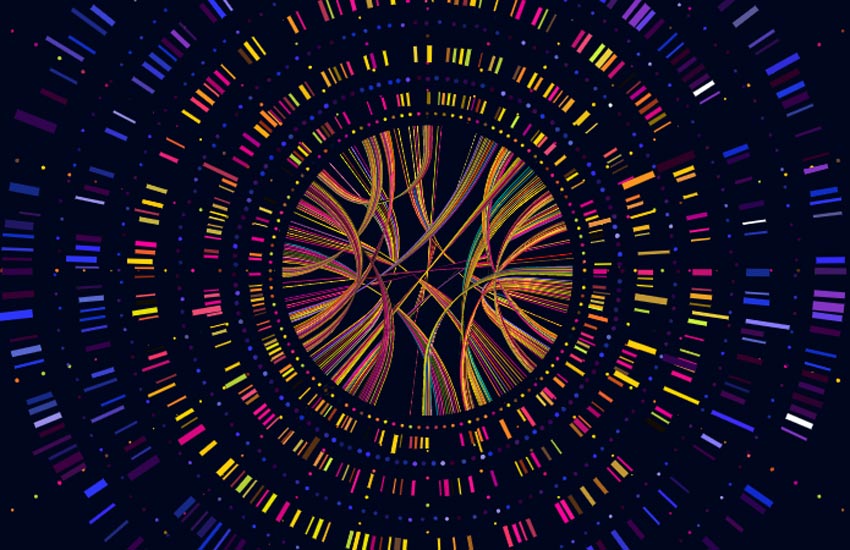Yesterday US-based DNA testing company Nebula Genomics launched anonymous genetic testing over its platform. The personal genomics company employs blockchain for its customers to receive results without revealing their name, address or credit card number.
Many people take a DNA test to see if they are at risk of a disease or to find out about their ancestry. However, this data is often shared by genomic testing companies with drug researchers. This doesn’t sit well with most people as they want to preserve their privacy and data.
When 23andMe inked a deal to share data with Glaxo SmithKline, they had a backlash. Along with cost, privacy may be a hindrance to widespread adoption of DNA testing.
With blockchain, Nebula aims to eliminate this risk for individuals purchasing genetic testing services. If there’s no personally identifiable information, there’s no need to separate it from genetic data before sharing the latter with researchers.
“Today we have presented our vision for privacy-focused personal genomics and with our launch of anonymous genetic testing we are taking a step towards turning this vision into reality,” said Dennis Grishin, Chief Scientific Officer at Nebula Genomics.
Nebula’s platform allows users to sign-up, make a payment, send a genetic sample and receive test results without revealing their identity.
To achieve anonymity, the company suggests using a post office box to receive the testing kit to avoid leaking your address. Email addresses can also be anonymous if one chooses. Usually, the payment alone would leak personal information but cryptocurrencies can be anonymous. However, many users store their crypto at exchanges which perform identification checks. So, in theory, this could link back to a user. Pre-paid credit cards are another option.
Nebula has already implemented a blockchain-based access control layer and compensates users for sharing their data. Users know who is requesting data and the purpose and can decline data access requests. Genetic data is not stored on a blockchain.
The company was founded in 2017 by Harvard professor George Church, along with Harvard researchers Dennis Grishin and Kamal Obbad.
Earlier this year, Nebula partnered with biopharmaceutical business EMD Serono, a Merck subsidiary. The agreement allows EMD Serono to access anonymized genomic data for developing new drugs.
Last year the company raised a $4.3 million seed round from several venture capital companies including Khosla, Fenbushi Capital, and Mayfield.






